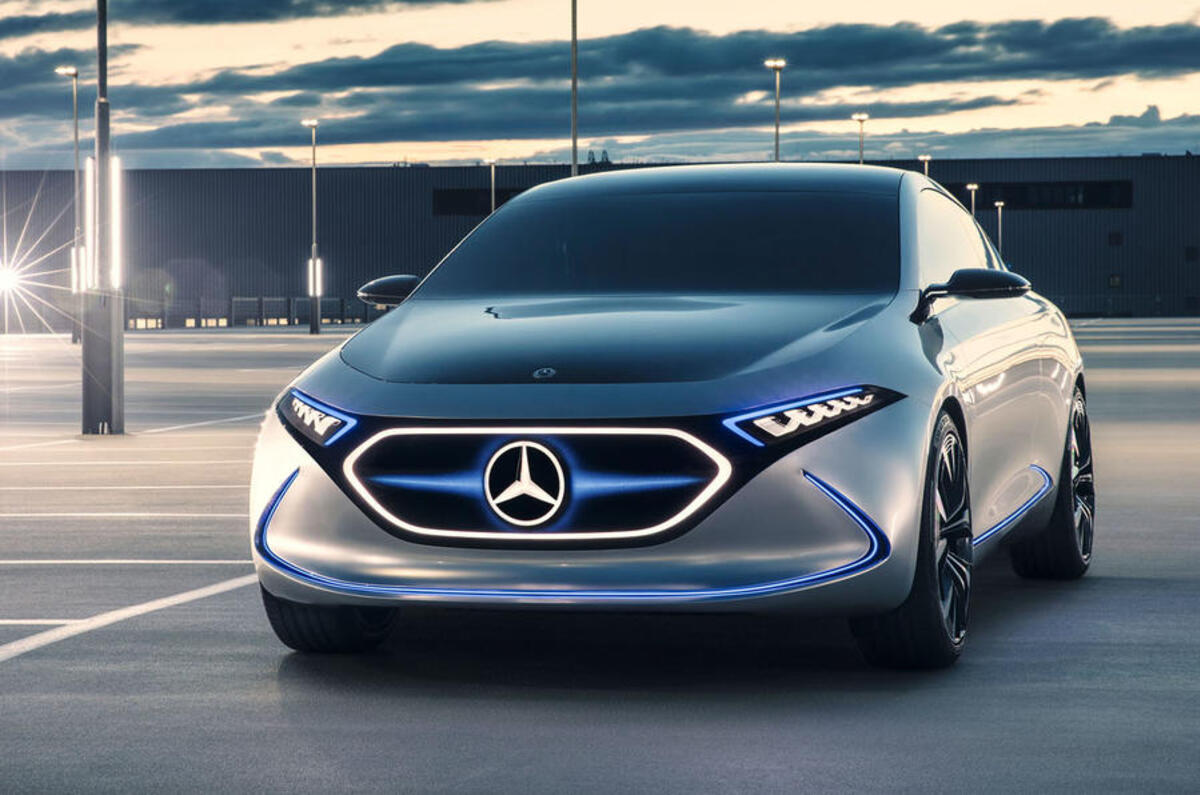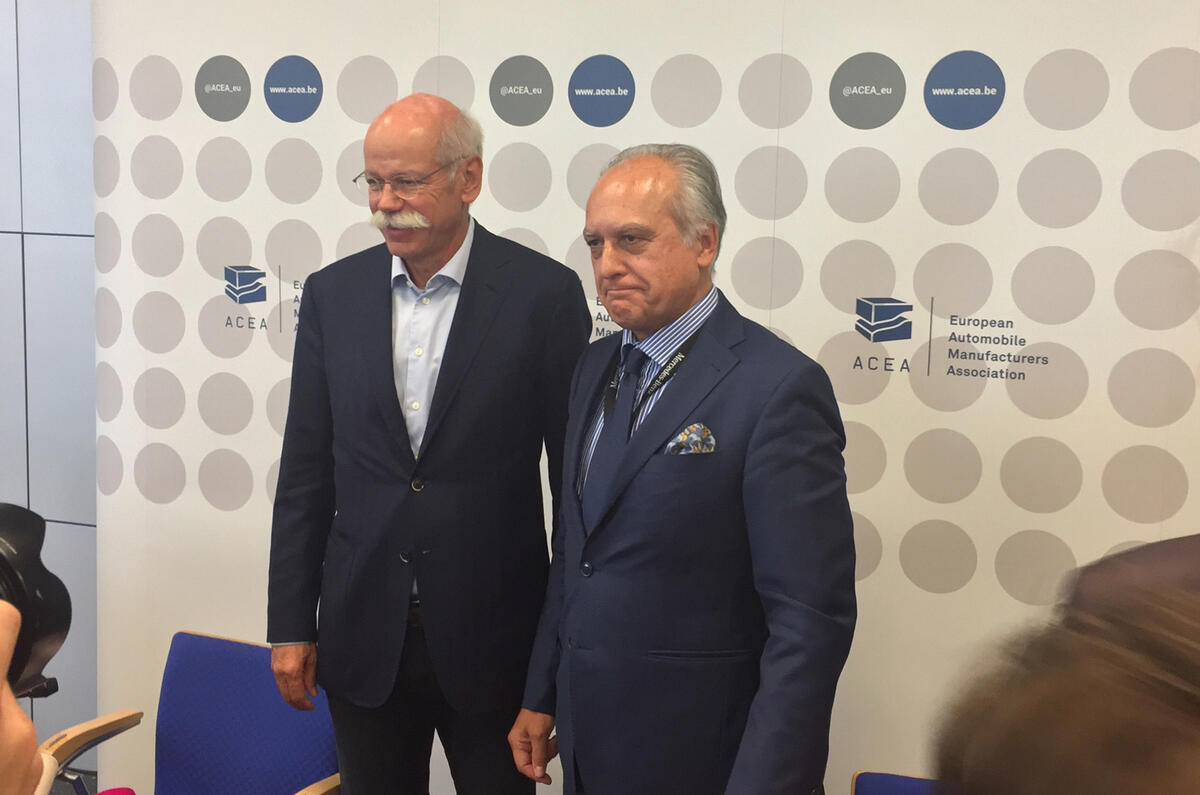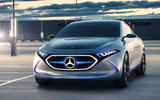Mercedes-Benz boss Dieter Zetsche has called on the European Commission to draft consistent and fair emissions regulations across the entire region as it begins to plan legislation for 2021 to 2030.
At present, all car manufacturers must hit a fleet average emissions target of 95g/km for all new cars by 2021 or face heavy fines. No legislation has been set for the period post-2021, however, and Zetsche and the European Automobile Manufacturers’ Association (ACEA) that he presides over have expressed concern that different approaches from different countries and cities within them could lead to a fractured framework.
His comments come in the wake of numerous announcements on moves to clamp down on diesels and promote zero-emissions transport across Europe, including from Britain and France and London and Paris.
“Imagine driving across Europe to a destination that takes you through three countries and many large cities, and needing to have a car that complied to a different set of regulations in every one of them,” said Zetsche. “A consistent approach is required, not a fragmented one.”
Suggesting a goal of reducing CO2 levels by 20% from 2021 to 2030, Zetsche said: “This is a steep reduction. It’s also in line with what is expected of other industry sectors, as well as the EU Climate and Energy Framework and the global Paris agreement.”
Zetsche added that the target would only be achievable if customers started buying electric and electrified cars in real numbers, and suggested a review of whatever legislation is drawn up in 2025, evaluating both sales and the growth of supporting infrastructure. If sales and infrastructure growth are greater than expected, he conceded that the car industry should face tougher targets.
Mercedes EQ A revealed in Frankfurt
“In our opinion, this conditionality principle links Europe’s long-term climate objectives to the reality of the market,” Zetsche said. “Currently, the reality is that the market uptake of electrically chargeable vehicles is low – and this is not due to lack of availability and choice.”
In the first half of 2017, electrically chargeable vehicles made up 1.2% of total new car sales, according to ACEA data.
Zetsche also said that the goals would only be achievable if the latest diesels continued to be promoted as a viable option: “The latest generation of diesel vehicles is a very effective lever to achieve climate goals in the near future, because they emit 15-20% less CO2 than equivalent petrol vehicles.”







Join the debate
Add your comment
New regulations?
New regulations?
Prepare to be royally fleeced, people.
"if customers start buying"
Where is the affordable Mercedes non-plug-in hybrid?
Benz
Oh shut up Benz. They (like everyone else) knew about the cheat device, as if these car manufacturers don't rip apart their rivals to see what they are doing differently- the only thing I don't understand is how the Japanese didn't grass them up. Also I still don't get why they colluded and agreed to limit the operational time a hard top convertible can retract its roof- seems kinda, stupid.